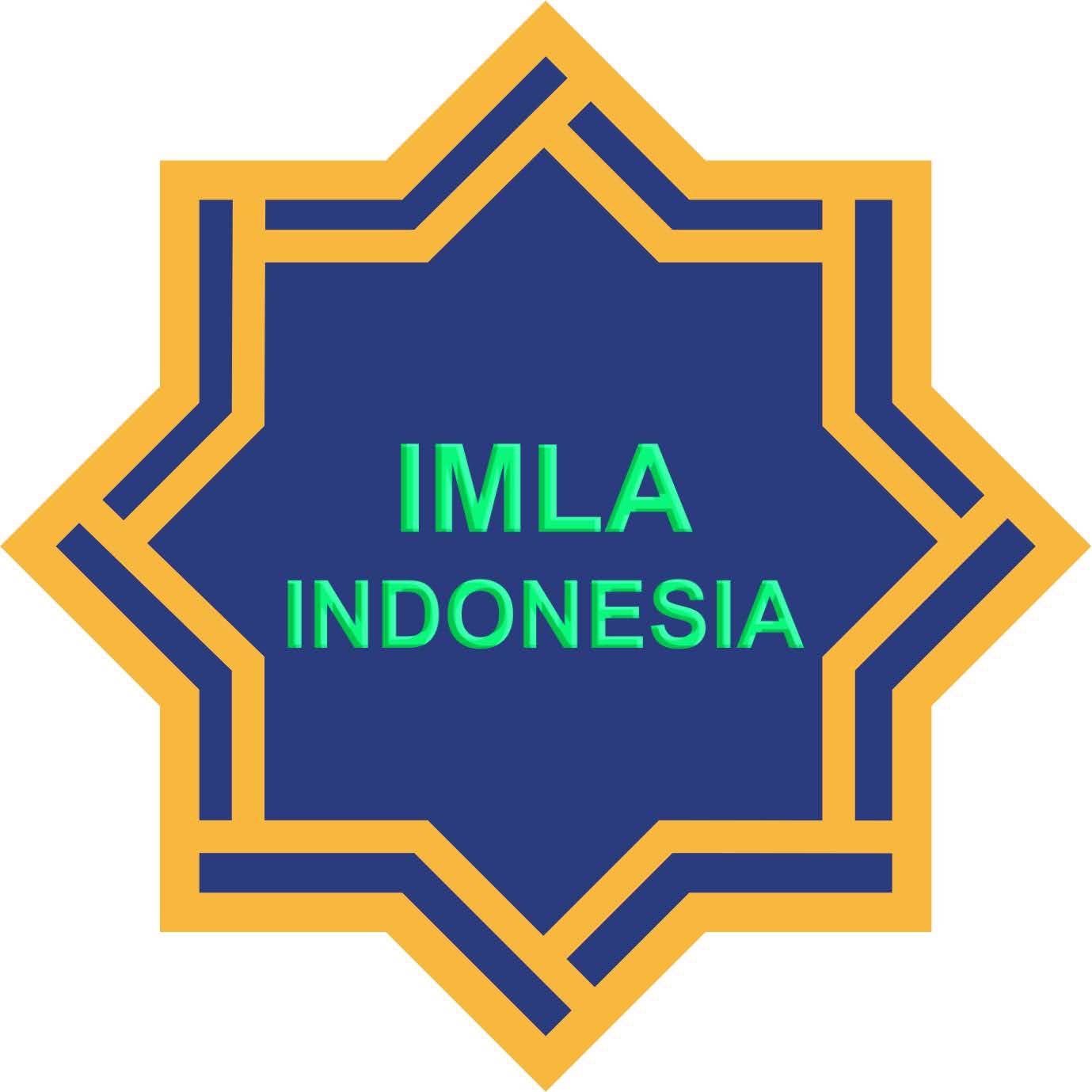Publication Ethics
Publication Ethics
The Journal of Calligraphy, published by Universitas Negeri Malang, adheres to the highest standards of ethical behavior in the publication of original research, review articles, and case studies. This statement outlines the ethical responsibilities of authors, editors, reviewers, and the publisher, following COPE’s Best Practice Guidelines for Journal Editors.
Duties of Authors
-
Reporting Standards: Authors must provide a truthful and objective account of their research, ensuring the accuracy of their results. Manuscripts should be sufficiently detailed for reproducibility, and any fraudulent or inaccurate statements are strictly prohibited.
-
Originality and Plagiarism: Authors must submit only original work. Proper citation of any external material is required, and the manuscript should not be under simultaneous consideration by multiple publications unless agreed upon by the editors.
-
Multiple, Redundant, or Concurrent Publications: Submitting the same research to multiple journals simultaneously is considered unethical. Authors must clearly identify any related publications arising from the same research project.
-
Acknowledgment of Sources: Proper acknowledgment of all sources of data and previously published work is essential. Influences on the research should be cited accordingly.
-
Authorship of the Paper: Authorship should reflect individuals' significant contributions to the work. All co-authors must approve the final version of the manuscript and agree to its submission.
-
Disclosure and Conflicts of Interest: Authors should disclose any conflicts of interest, including financial support, that might influence the research or its presentation.
-
Fundamental Errors in Published Works: If significant errors are found after publication, authors must notify the editor promptly to correct or retract the work.
-
Hazards and Human or Animal Subjects: Authors must identify any hazards inherent in the chemicals, procedures, or equipment used in their research.
Duties of Editors
-
Publication Decisions: Editors are responsible for deciding which manuscripts are published based on their relevance and significance, while adhering to journal policies and legal standards concerning plagiarism and copyright.
-
Review of Manuscripts: Editors must ensure a fair and unbiased peer review process, selecting appropriate reviewers and maintaining confidentiality throughout the process.
-
Fair Play: Editors must evaluate submissions solely on intellectual merit, without considering the authors' personal characteristics such as race, gender, or religion.
-
Confidentiality: Editors must maintain the confidentiality of submitted manuscripts and ensure that unpublished materials are not used for personal research without explicit consent.
-
Disclosure and Conflicts of Interest: Editors must avoid any conflicts of interest that could influence their decisions and ensure their actions are free from personal gain.
Duties of Reviewers
-
Contribution to Editorial Decisions: Reviewers play a critical role in helping editors make decisions and providing feedback to authors to improve their work.
-
Promptness: Reviewers should inform the editor if they are unable to review a manuscript within the allotted time or feel unqualified to review it.
-
Confidentiality: Reviewers must treat the manuscripts they receive for review as confidential documents and should not discuss them with others without permission from the editor.
-
Standards of Objectivity: Reviews should be objective and constructive, providing clear and reasoned feedback supported by evidence.
-
Acknowledgment of Sources: Reviewers should identify any relevant work that has not been cited by the authors and notify the editor of any significant overlap with other published papers.
-
Disclosure and Conflicts of Interest: Reviewers must not use information obtained during the review process for personal gain and must avoid reviewing manuscripts where they have conflicts of interest.
Ethical Guidelines for Journal Publication
The publication process of The Journal of Calligraphy, published by Universitas Negeri Malang, follows COPE’s Best Practice Guidelines to ensure the highest ethical standards in all stages of the publication process. Commercial interests do not influence editorial decisions, ensuring the integrity of scholarly communication.
Authors are required to submit an Ethical Statement and Copyright Agreement as part of their submission to ensure compliance with these ethical guidelines.






